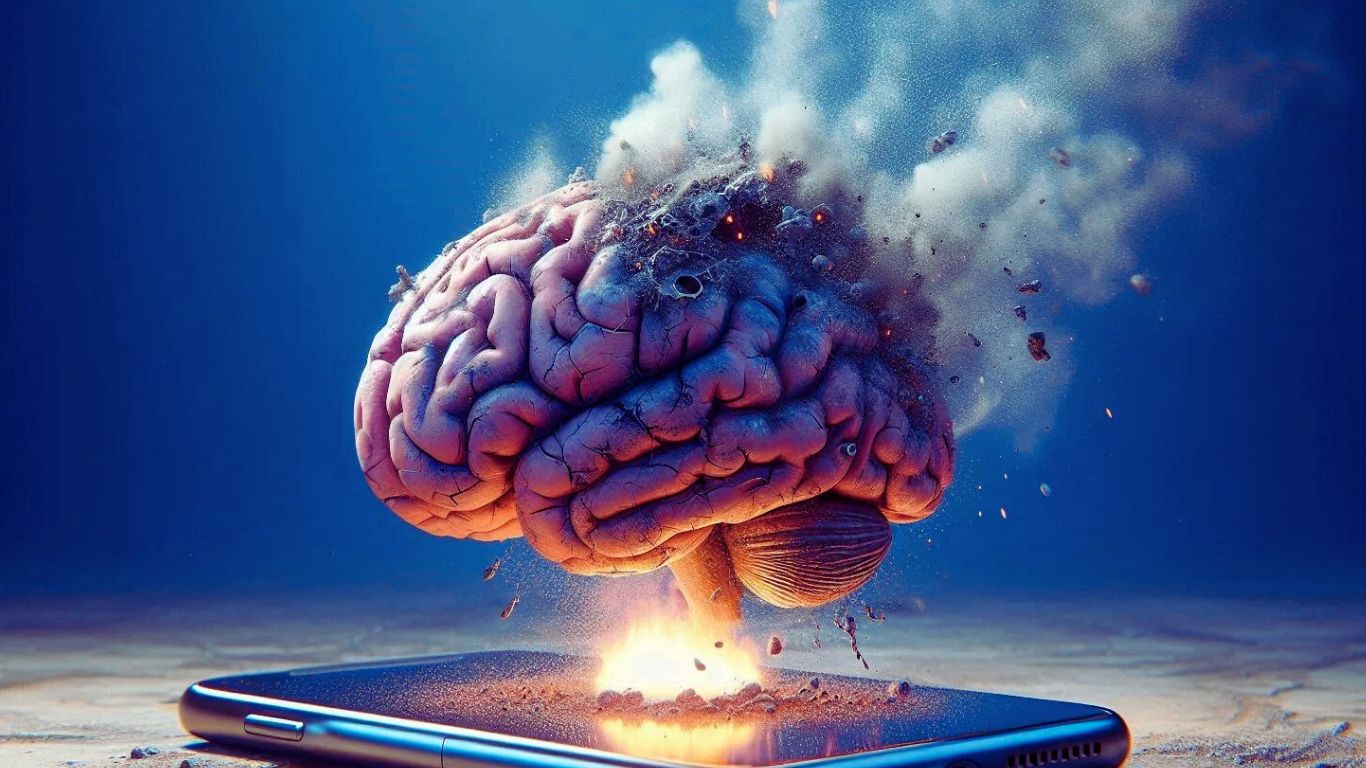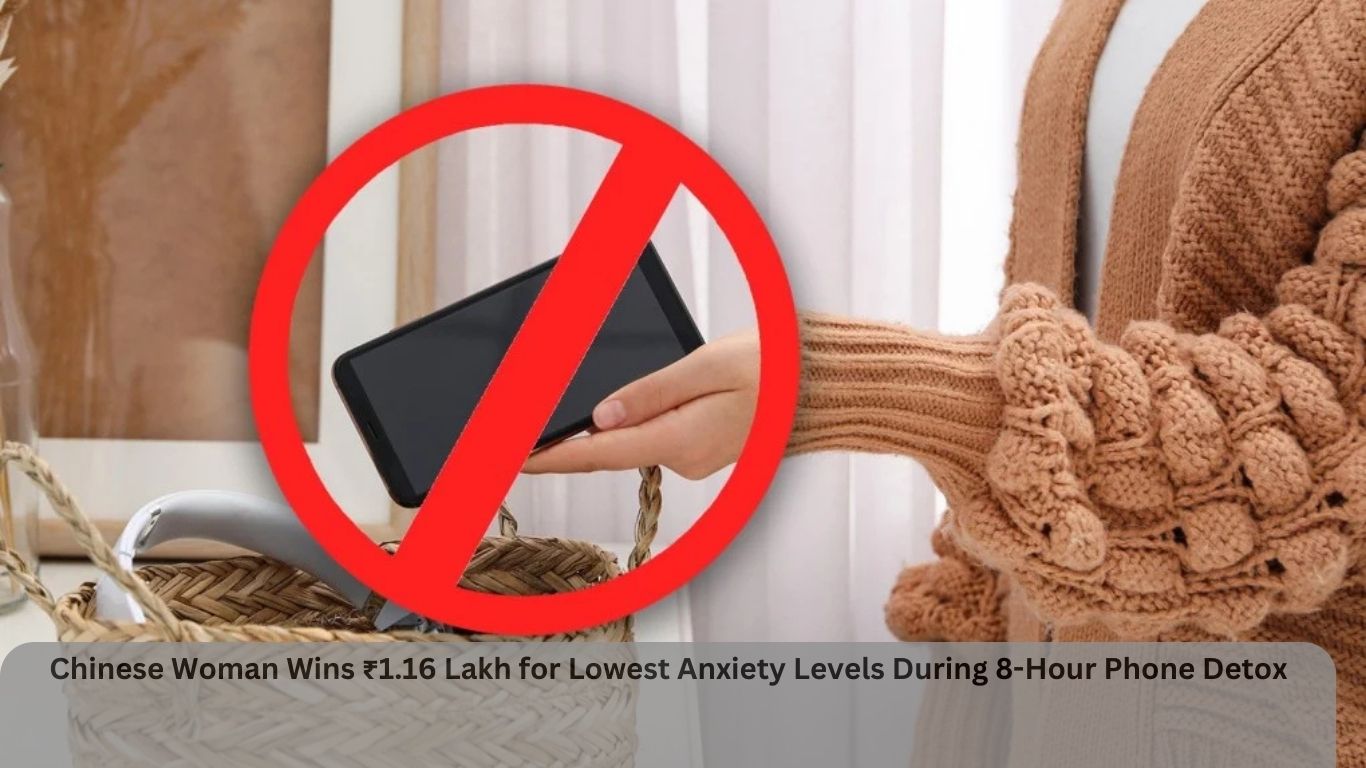The Oxford University Press has officially declared “brain rot” as its 2024 Word of the Year. This thought-provoking term speaks volumes about modern anxieties, particularly surrounding social media’s impact on mental health and cognitive well-being. But what exactly does “brain rot” mean, and why does it resonate so strongly today?
What Does “Brain Rot” Mean?
“Brain rot” refers to the gradual erosion of mental acuity and critical thinking brought about by overexposure to trivial, shallow, or mindless content—especially on social media platforms. It captures that all-too-familiar sensation of being overwhelmed by an endless stream of distractions, often leaving individuals feeling mentally drained or stagnant.
Key Characteristics of Brain Rot
- Mental Decline: Difficulty concentrating or thinking critically.
- Stagnation: Lack of intellectual stimulation or growth.
- Emotional Drain: Feelings of exhaustion, anxiety, or apathy.
The phrase succinctly encapsulates a growing societal issue: the tension between our digital habits and our mental well-being.
Why Was “Brain Rot” Chosen as Word of the Year?
The selection of “brain rot” isn’t arbitrary; it reflects significant societal concerns that have come to define our era. This term resonates with millions of people globally who feel the effects of excessive social media consumption.
Growing Awareness of Digital Overload
The Word of the Year committee considered terms that encapsulate the zeitgeist. “Brain rot” stood out because it highlights a widespread phenomenon: the adverse effects of being constantly “plugged in.”
- Captures a Universal Experience: Whether doomscrolling through news or bingeing short-form videos, many recognize the toll this takes on their mental clarity.
- Resonates Across Generations: Both digital natives and older adults report similar challenges.
- A Call for Reflection: The choice encourages individuals and institutions to rethink their engagement with digital content.
The Impact of Social Media on Mental Health
Social media platforms have revolutionized communication and information sharing, but they come with a darker side. For all its benefits, excessive use has been linked to various mental health concerns.
Cognitive and Emotional Effects
- Anxiety and Stress
Constant exposure to notifications and newsfeeds creates a sense of urgency, heightening stress levels. - Depression
Comparing oneself to curated, idealized versions of others can foster feelings of inadequacy. - Loneliness
Ironically, while connecting with others online, users often feel more isolated offline.
Physical Symptoms of Digital Overload
Prolonged screen time doesn’t just affect the mind; it can manifest physically:
- Eye strain.
- Poor posture.
- Sleep disturbances.
Digital Detox: An Antidote to Brain Rot
Fighting “brain rot” requires conscious efforts to disconnect and engage in activities that refresh the mind. Here’s how to counteract the negative effects:
1. Take Regular Digital Breaks
Implement technology-free periods during your day. Activities like walking in nature, meditating, or simply putting away devices during meals can provide much-needed relief.
2. Practice Mindfulness
Mindfulness techniques, such as focused breathing or meditation apps, help ground individuals in the present, reducing overstimulation.
3. Cultivate Hobbies
Rediscover offline hobbies like reading, painting, or gardening to reignite creativity and critical thinking.
4. Limit Social Media Use
Set time limits for app usage and disable non-essential notifications to reclaim your focus.
How “Brain Rot” Reflects Broader Social Concerns
The declaration of “brain rot” as Word of the Year isn’t just about social media; it’s a mirror to modern living. Our hyper-connected lifestyles have brought many conveniences but also new challenges.
A Symptom of Overconsumption
“Brain rot” symbolizes more than just excessive screen time—it points to our broader habit of overconsuming information and entertainment, often to the detriment of personal growth and mental peace.
How Can Society Address Brain Rot?
The solution lies in a collective shift toward mindful digital consumption. Here’s what stakeholders can do:
For Individuals
- Educate yourself about the risks of “brain rot.”
- Share positive habits with friends and family.
For Schools
- Introduce media literacy courses to help students critically evaluate content.
For Companies
- Encourage employee well-being through mental health days and flexible work policies.
Conclusion
The selection of “brain rot” as the 2024 Word of the Year is both a reflection and a wake-up call. It highlights the importance of addressing the adverse effects of our digital habits while encouraging society to reclaim focus, creativity, and mental wellness. By understanding “brain rot” and taking proactive measures, we can navigate the digital age more mindfully.















